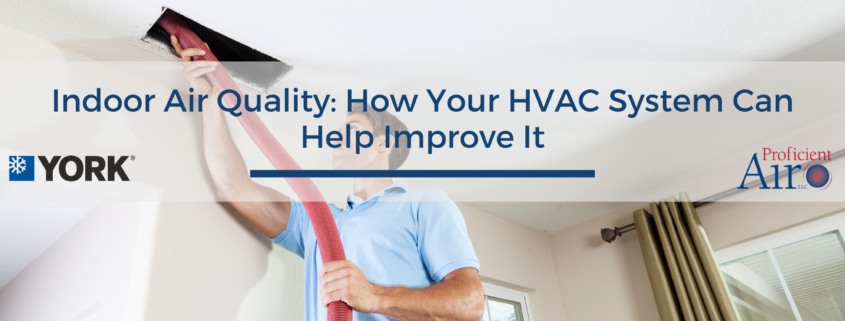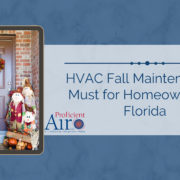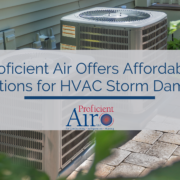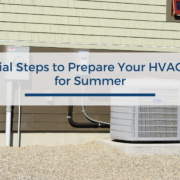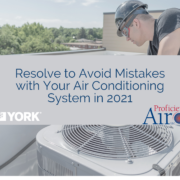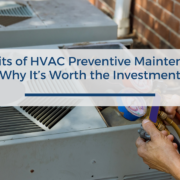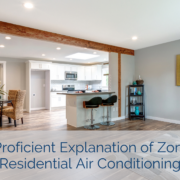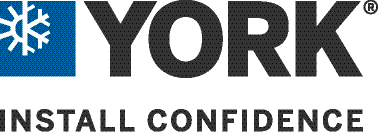Indoor Air Quality: How Your HVAC System Can Help Improve It
Our health and well-being can be significantly influenced by the quality of the air we breathe. Unfortunately, many of us spend considerable time indoors, where pollutants can accumulate and circulate, leading to health problems such as respiratory issues, allergies, and even cancer.
This blog post will explore the connection between indoor air quality and HVAC systems and provide practical tips to improve indoor air quality.
How HVAC Systems Impact Indoor Air Quality
Filtering the air
One of the primary ways HVAC systems impact indoor air quality is by filtering the air.
HVAC systems use air filters to trap and remove airborne particles such as
pollen, dust, and pet dander. The filters work by forcing air through a dense mesh that traps the pollutants while allowing clean air to pass through.
Regulating humidity levels
High humidity levels can create an environment that is conducive to the growth of mold and other allergens. On the other hand, when the humidity levels are too low, it can lead to dry skin, respiratory problems, and other health issues.
Most modern HVAC systems come equipped with humidifiers and dehumidifiers that can add or remove moisture from the air as needed. By maintaining the ideal humidity level for a space, HVAC systems can create an environment that is healthy and comfortable for occupants.
Ventilation
Most modern HVAC systems include ventilation features that help to regulate the flow of fresh air into and out of the building.
Increasing fresh air flow into space allows HVAC systems to help dilute and remove indoor air pollutants, including chemicals, volatile organic compounds (VOCs), and other allergens. This can be especially important in spaces where pollutants are generated, such as kitchens and bathrooms.
Tips for Improving Indoor Air Quality- Keep your home clean
Regularly cleaning and dusting your home can help reduce indoor air pollutants’ buildup. Be sure to vacuum carpets and upholstery and mop hard floors.
Avoid smoking indoors
Smoking indoors can release pollutants into the air, including carbon monoxide, formaldehyde, and benzene. Encourage smokers to smoke outdoors.
Maintain your HVAC system regularly.
Regular HVAC maintenance, including changing filters and cleaning ducts, can ensure that your HVAC system works efficiently to improve indoor air quality.
Final thoughts
Indoor air quality is essential for anyone who spends a significant amount of time indoors.
By understanding the common sources of indoor air pollution and how HVAC systems can help improve air quality, homeowners can create a healthy living environment.
Contact us at (727) 386-2732 to learn more about how we can help you improve your indoor air quality.

